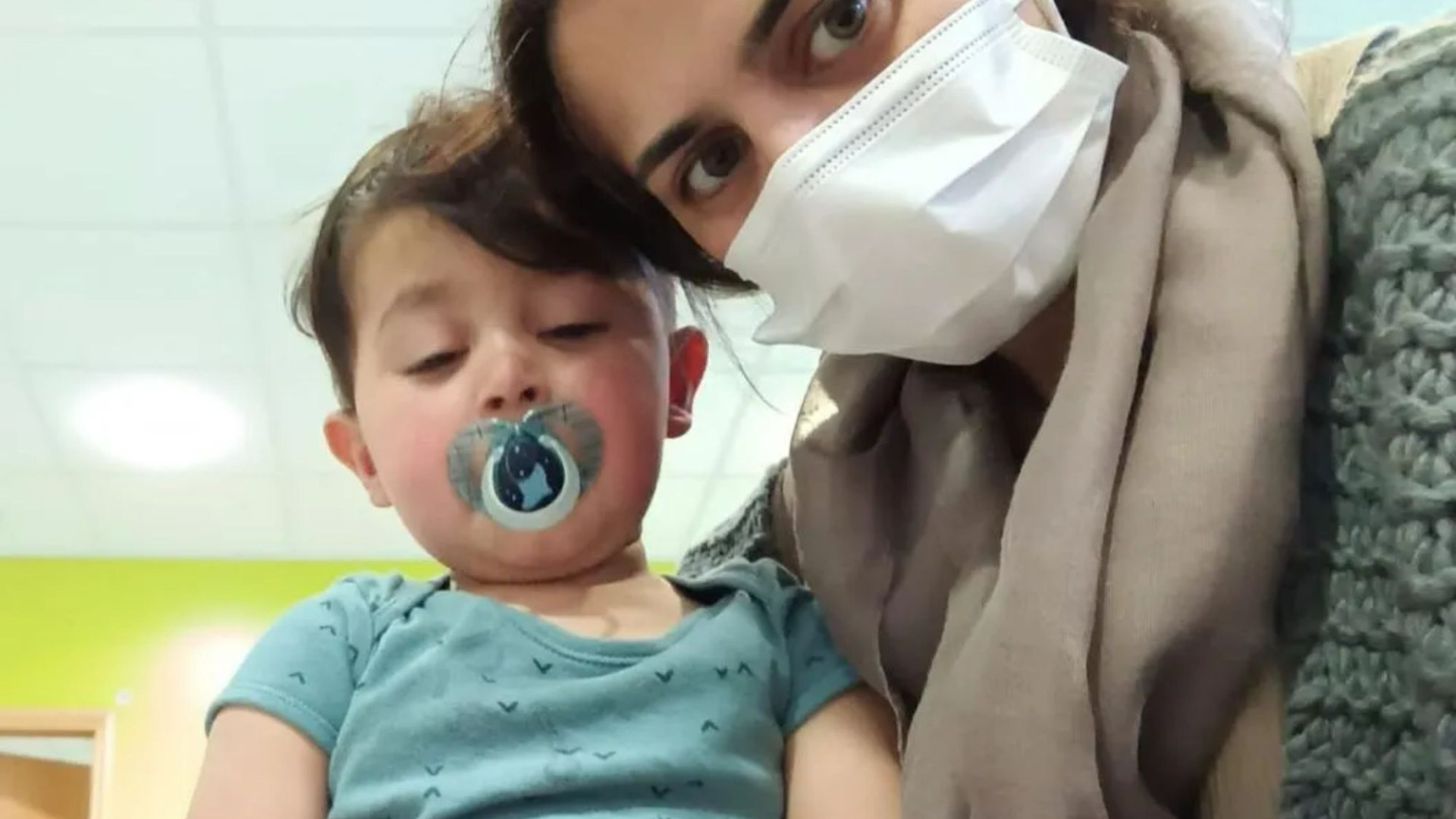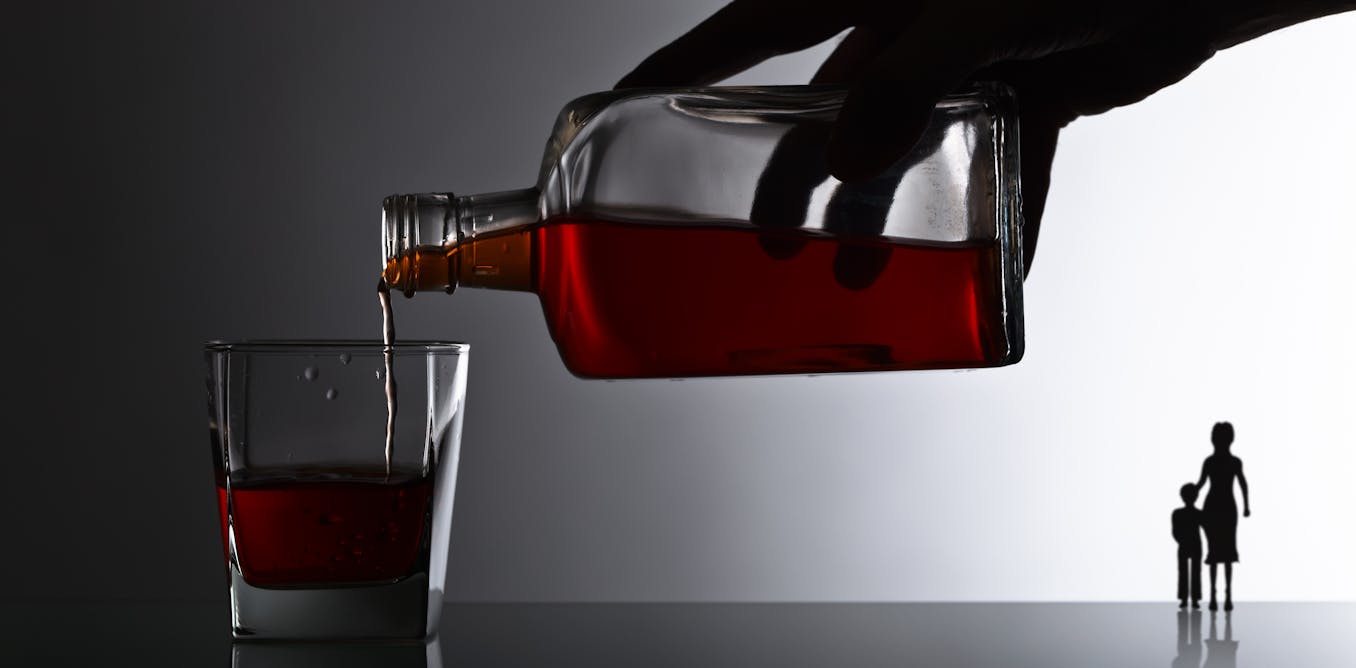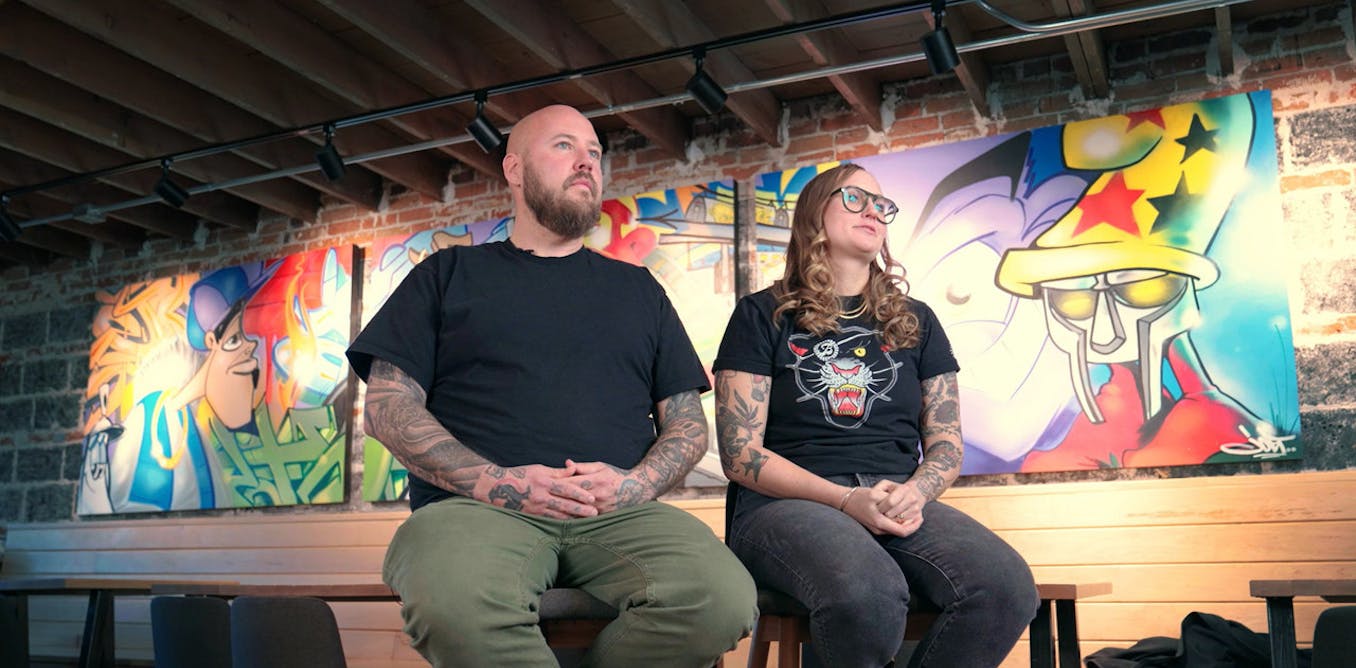A MUM received devastating news after a simple accident involving her two-year-old son stubbing his toe revealed something much more sinister.
Amina Haq’s “whole world turned upside town” when she learned her son, Zakariyah, had cancer.
6

6

6
The 40-year-old became concerned after her son accidentally banged his toe on their washing machine.
Two days later, Zak’s toe had turned purple, and she rushed him to A&E where he was given antibiotics.
But the antibiotics didn’t resolve the issue.
The next day, Amina rushed him back to the hospital, and he had to stay overnight while doctors ran a blood test.
What came next was totally unimaginable for Amina and her husband, Suhaib, 40.
The family received the news that Zak had acute lymphoblastic leukaemia.
Acute lymphoblastic leukaemia is a rare type of cancer that affects the blood and bone marrow.
It usually develops quickly and needs to be treated straight away.
It’s most common in children and young people, especially children aged 4 and under.
Amina, from Crawley, West Sussex, said: “When he was diagnosed I felt disbelief and shock.
“Our whole world turned upside down. We were overwhelmed and extremely worried.
“It was first thing in the morning when we were told he had cancer, and that an ambulance was waiting outside for us.
“I felt numb. It was all very rushed and happening fast.
“There was no way and no time to take it all in.
“We learnt that Zak’s immune system was very low and that if he hadn’t had the toe injury, we would have found out about the cancer another way at some point.”
Zak was initially admitted to East Surrey Hospital but was later transferred to St George’s Hospital, in London, where he was placed in an intensive care unit.
Doctors suspected he had also contracted a flesh-eating disease, but luckily this wasn’t the case.
Our whole world turned upside down
Amina Haq
The family had a tough road ahead as they tried to come to terms with the tragic news of his diagnosis.
After two weeks in hospital, Zak was allowed to return home.
Amina and Suhaib were taught how to insert a nasogastric tube, which carries food and medicine to the stomach through the nose.
He continued to receive an intensive programme of chemo and steroid treatment at the Royal Marsden Hospital, London.
“The doses gradually intensified over a three-month period,” Amina said.
“At one point he was having chemo nearly every day and his hair fell out.
I felt numb. It was all very rushed and happening fast
Amina Haq
“He didn’t handle it very well, because he was so little and didn’t understand what was going on.
“We had a lot of doctors examining him, and as a result, he became scared of all the doctors and nurses.
“He was absolutely petrified.
“It took him a long time to get over that. He was too young to describe how he was feeling when being treated and would just cry.
“We were very scared of what was happening and what was to come.”
Zak received maintenance treatment for a year.
He still requires a lumbar puncture every six months, as well as chemotherapy once a month.
We were very scared of what was happening and what was to come
Amina Haq
He takes various different medications each week, including a steroid called Dexamethasone.
Amina said: “The doctors have all been amazing and did a great job.
“Treatment ends June 2025 and this will be followed by regular check-ups for at least five years.
“There is always that fear in the back of your mind that the cancer will come back.
“Zak has handled the entire journey amazingly well.
“He’s a little fighter. He’s an inspiration to all of us.”
“Even when he’s feeling down or in pain he carries on and laughs it off.”

6

6

6
A UK-based charity, Cancer Support UK, helped Zak on his journey by gifting him a special sensory ‘Cuddles for Christmas’ Warmies bear.
He carries this everywhere with him, taking it to every hospital visit as it provides him with reassurance in his tough moments.
The bear has a lavender scent and can be warmed up in the microwave.
Cancer Support UK is aiming to deliver 1,200 Warmies teddies to children’s cancer wards across the country by December 21.
Leukaemia symptoms
Leukaemia is a type of blood cancer that affects people of all ages in the UK.
In someone that has it, the body makes large numbers of abnormal white blood cells.
Common symptoms include:
- feeling weak or tired
- a high temperature or fever
- bruising and bleeding easily
- picking up or not being able to shake off infections easily
- weight loss
- pale skin
- shortness of breath
- swelling of lymph nodes
- feeling full in your tummy (abdomen)
It’s important to note different types of leukaemia and the exact symptoms you have depends on the type of leukaemia you have. And some people diagnosed with leukaemia do not have any symptoms.
If you experience any of these symptoms, see your GP.
Source: Cancer Research UK




